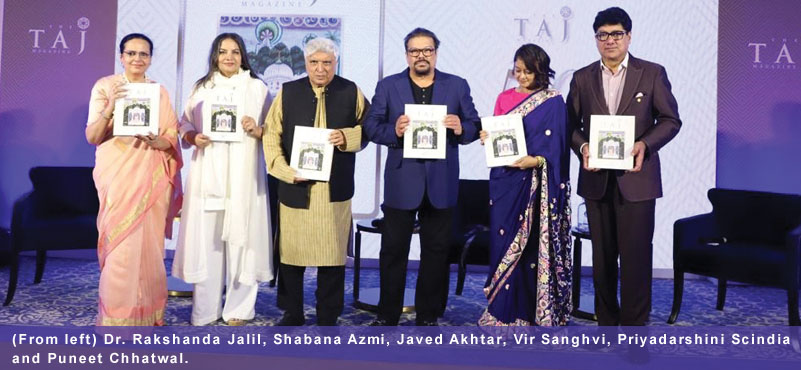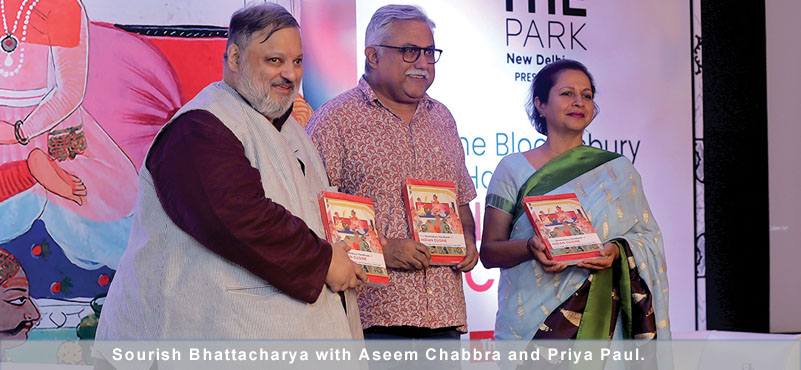Given that the economy has shown signs of improvement, after years of lull, hospitality industry is slowly coming back to life. However, once bitten twice shy, many developers are opting to buy near ready assets, avoiding risks related to Greenfield projects, to make full use of the much expected cyclic upswing, says Mandeep Lamba, Managing Director, Hotels & Hospitality Group, Jones Lang LaSalle. Excerpts of an exclusive interview:
 What is the current status of real-estate market and how it is impacting the hospitality industry?
What is the current status of real-estate market and how it is impacting the hospitality industry?
Real Estate market is witnessing mixed responses. While commercial real estate is seeing rapidly growing demand for office space in key Indian cities, residential real estate continues to be sluggish and almost all markets are below the price at which Residential Real Estate sold in 2007 which was the peak year. Retail is seeing differential pricing with good quality shopping malls – which are in short supply – have been designed and managed well are seeing high demand while others are continuing to face a marked slow-down.
Hotels as real estate asset class have been at the bottom of the asset pile since 2008 and we do not witness any major change in its asset class positioning as of now. However, given that the performance of hotels has started showing gradual improvement on account of widening of the gap between demand and supply; we are seeing early signs of renewed investment interest in hospitality assets.
However, this time around as against the investment patterns of 2006 & 2007, investors are looking at investing in operating or near ready assets with a view to avoid all development risks and to benefit from the speed to market with operating assets.
Greenfield developments remain slow with real estate developers who were the largest investors into hospitality in the earlier investment cycle, hurting on account of the slow- down in their core business of real estate sales and having better understood the development risks of complex sanctions and permissions, cyclical hospitality markets and the capital intensive nature of the business, are no longer bullish on hospitality investments. Also, with the performance of hotels across the country having been severely stressed over the last seven years and the high cost of borrowing which has led to a very large number of hotel projects approaching NPA classification, Greenfield hospitality investments are currently not the preferred option.
Having said that, we are certainly beginning to see the return of institutional and PE interest in hospitality markets which had completely been non- existent over the last seven to eight years. Most seasoned investors believe that the performance of the Indian hospitality sector has bottomed out and there are now reasonably clear indications of a cyclical revival and upside over the next few years. This then is the opportune time to acquire good quality operating assets before the markets get hot once again and asset acquisition prices start to rise. We will, in our assumption, see increased transaction activity over the next 12 to 18 months and higher levels of FDI into this sector.
You mentioned that prices are low. Then why is it not visible with larger numbers of buy-offs?
While there are as some estimates – some put it to over 100 stressed hospitality assets – we do not see active trading in the market as should have been the case. This is because in the Indian context we do not really have ‘stressed’ assets since all the system colludes to help keep an artificial shield on the problem. Banks are reluctant to declare assets as NPA, owners will refinance assets by going to another bank, will continue to fund interest costs by more borrowing and put good money over bad with the belief that the markets will turn around. As against the west where owners will exit a poor performing asset and take a one- time haircut to cut their losses and move on, Indian entrepreneurs are inhibited by our social beliefs that selling any business asset is akin to accepting failure and consequent loss of face. Add to this our inherent faith in the inevitable growth of real estate value leads owners to believe that the asset will appreciate over time. However, Indian owners are failing to recognize that businesses are ultimately valued on the basis of the cash flows and profits they generate today and their future potential to grow, and not on the real estate values that may be ascribed to them. This is becoming the biggest disconnect for transactions to take place in the Indian hospitality sector currently.




































